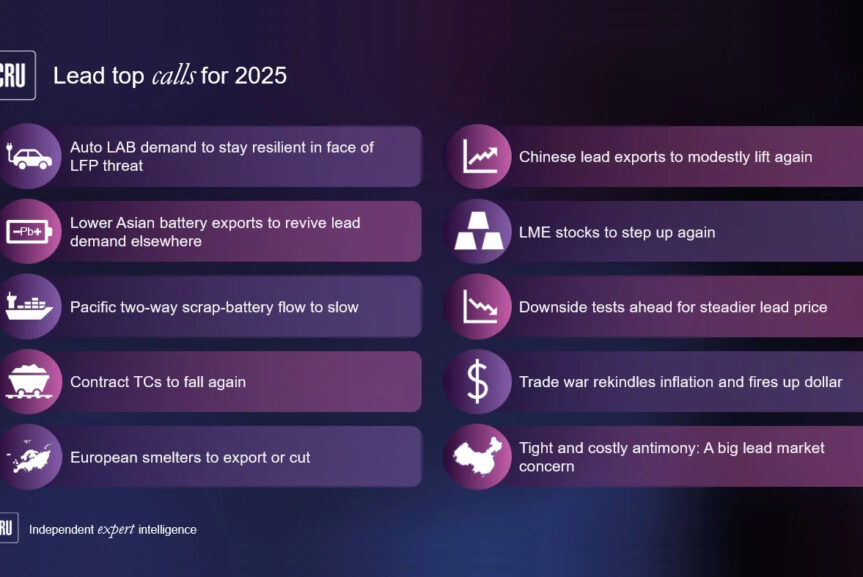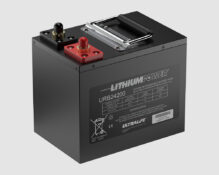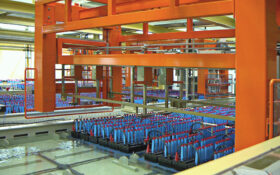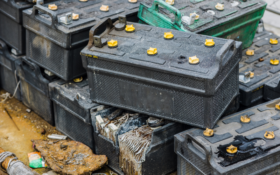Some believe the answer to tackling emission regulations is lithium-ion full electric vehicles, but the lead battery industry believes the answer lies with 48V hybrid applications.
One such company is US start-up Gridtential, which is pushing its Silicon Joule technology to one day be the 48V industry standard by making lead batteries cheaper and boosting performance.
The initial units are likely to be drop-in replacements for existing products in premium applications.
The technology replaces the cast-on-strap with a silicon wafer and this modification is claimed to boost performance by up to five times compared to batteries using the same active material.
It can also operate down to 100% depth of discharge, and does away with 40% of the lead in conventional batteries by removing tabs, the lead grid and straps.
The other difference from current lead battery assembly is the assembly of the cells. Gridential has worked with its partners to specify assembly tools and a third party to demonstrate the assembly method and design a prototype assembly tool that would be available to all licensees (manufacturers).
All this means the Silicon Joule battery has a higher power density, and can be easily incorporated into the existing battery making infrastructure.
Christiaan Beekhuis, Gridtential’s CEO said: “Energy density is a huge concern for the automotive industry, which is looking for start-stop, and hybrids with higher dynamic charge acceptance.
“Silicon Joule battery is better than traditional lead-acid batteries because it has higher available energy density per battery because it can discharge deeper, and quicker without losing efficiency.
“Automobile OEMs are absolutely moving to 48V. We are not promoting our batteries for full electric vehicles, our technology is still below lithium-ion, which has a higher energy density.
“So don’t expect a Tesla type car from us. Instead we are looking at start-stop or lower range vehicles.”
Other applications include personal mobility, golf carts, construction equipment, forklifts and industrial movement, such as moving materials in a warehouse.
To date Gridential has built more than 250 6-Volt Alpha batteries using its proprietary silicon current collectors, bi-polar battery design and the active material paste of its partners.
The next stage of development will see the company’s partners assemble prototype ‘Beta’ batteries at their own facilities.
Beekhuis said: “We will be licensing the IP, but our model is to provide a deep level of design, implementation and testing support to our licensees to ensure a successful integration of our technology.
“Our expectation is that the first commercial units will be available approximately one year from initial prototype assembly, in mid-2018.
“We expect 2-3 manufacturers to each acquire a prototype assembly tool and begin assembling full scale prototypes by mid-year.
“That being said, with the testing and warranty requirements of our licensees and their customers, we estimate that mass production will be another twelve to eighteen months from first commercial production.”
Last week BBB reported how Gridtential had gained $6 million of investment from a group including East Penn Manufacturing; Crown Battery Manufacturing; Leoch International, and global distributor Power-Sonic.
Gridtential is the second bi-polar manufacturer to announce a bi-polar product this year.
Advanced Battery Concepts announced a license deal with Johnson Controls.












